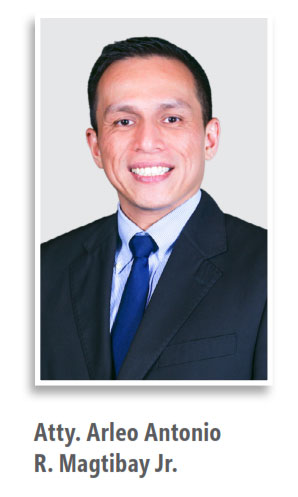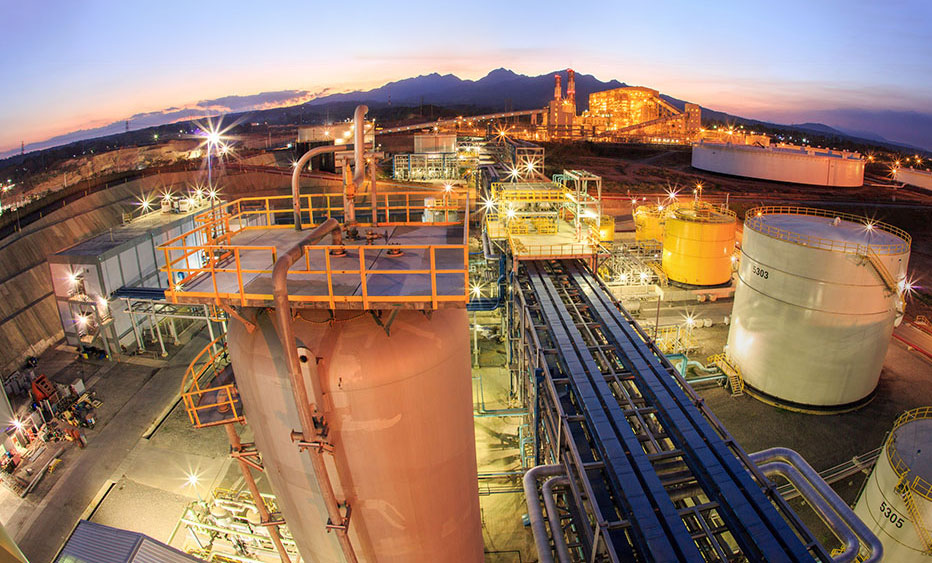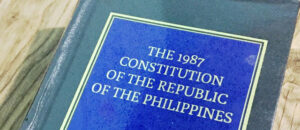 The Philippine Dispute Resolution Center recently announced the appointment of Atty. Arleo Antonio R. Magtibay Jr. as Executive Director effective February 2021.
The Philippine Dispute Resolution Center recently announced the appointment of Atty. Arleo Antonio R. Magtibay Jr. as Executive Director effective February 2021.
Atty. Magtibay has been a member of PDRC since 2015 after successfully completing the 9th Commercial Arbitration Training Seminar (CATS) held that year. Beginning 2019, he became more active in PDRC after he was invited by the Training and Education Committee to serve as a co-facilitator in the mock arbitration sessions of the 18th and 20th CATS.
He later became Vice Chairman of the Committee on Sports Arbitration and a member of the Rules Revision Committee and the File Counsel Training Committee. He will head the new Secretariat Committee, which will be in charge of improving the delivery of PDRC’s administrative services and professionalizing the support staff.
A founding partner of his own law firm, his primar y areas of practice are dispute resolution, intellectual property, and sports and entertainment law. In addition to his legal expertise, Atty. Magtibay has extensive experience in management and marketing, having been a marketing and events professional for over a decade.

Investment Arbitration in the Philippines
PART 1
The current administration is keen on attracting more foreign investments into the country while protecting domestic industry in defined areas. At the start of his term in 2016, President Rodrigo Duterte and his cabinet signified their intention to craft policies that would make the Philippines a viable option for foreign direct investment.
The Philippine government endeavored to put this into effect through two approaches – addressing the restrictive economic provisions of the 1987 Constitution and accelerating public infrastructure development and expenditure through the Build! Build! Build! Program.
Foreign investment laws
 At the moment, foreign direct investments in the Philippines are governed by (a) Art. XII of the 1987 Constitution, (b) Republic Act No. 7042 (1991), as amended, or the Foreign Investment Act of 1991, and (c) the Eleventh Regular Foreign Investment Negative List (“11th RFINL”).
At the moment, foreign direct investments in the Philippines are governed by (a) Art. XII of the 1987 Constitution, (b) Republic Act No. 7042 (1991), as amended, or the Foreign Investment Act of 1991, and (c) the Eleventh Regular Foreign Investment Negative List (“11th RFINL”).
The basic premise of the investment scheme in the Philippines is that “all lands of the public domain, waters, minerals, coal, petroleum, and other mineral oils, all forces of potential energy, fisheries, forests or timber, wildlife, flora and fauna, and other natural resources are owned by the State. With the exception of agricultural lands, all other natural resources shall not be alienated. The exploration, development, and utilization of natural resources shall be under the full control and supervision of the State.” (Const., Art. XII, Sec.2)
Ownership of private land is limited exclusively to Filipino citizens or former natural-born citizens as well as to corporations with at least 60% of the capital owned by Filipino citizens persons qualified to own public lands (Const., Art. XII, Secs. 2 & 7). Therefore, foreign investors are prohibited from owning lands in the Philippines.
The state ownership of these resources led to the nationalization of several industries and authorizes the Philippine Congress to nationalize further other areas as they deem appropriate. On the other hand, the President is authorized to enter into agreements with foreign-owned corporations involving either technical or financial assistance for large-scale exploration, development, and utilization of minerals, petroleum, and other mineral oils in accordance with certain parameters.
Foreign Investment Negative List
The 11th RFINL identified industries that were entirely restricted from foreign equity like mass media, retail trade enterprises with paid-up capital of less than US$2,500,000, small scale mining, utilization of marine resources in archipelagic waters, the territorial sea, and exclusive economic zone, and smallscale utilization of natural resources in rivers, lakes, bays and lagoons. (Exec. Order 65, s. 2018)
Notably, the list also eased foreign ownership restrictions in some key industries. The following industries do not now have any foreign equity restrictions: internet access providers that merely serve as carriers for transmitting messages, adjustment companies, lending companies, financing companies, and investment houses. This means that companies doing business in these industries may now be 100% foreign owned.
Relaxation of foreign ownership of certain industries
Energy Secretary Alfonso Cusi has been consistent in saying that 100% foreign ownership is allowed in the renewable energy sector. In October 2019, the Department of Energy declared that biomass power plants may be fully owned and operated by foreign companies. By the following year, it allowed companies with 100% foreign ownership to participate in large-scale geothermal exploration, development, and utilization activities, provided that they fulfill certain conditions and that they participate in an open and competitive selection process.
Public utilities are likewise highly nationalized under the Constitution. Franchises, certificates, or any other forms of authorizations for the operation of a public utility shall be granted only to Filipino citizens or to domestic corporations or associations at least 60% of whose capital is owned by Filipinos (Const., Art. XII, Sec. 11). However, there have been initiatives to ease this restriction by changing the definition of “public utilities” in the Public Service Act.
In the proposed amendment, the following will only be the sectors considered as public utilities: distribution of electricity, transmission of electricity, water pipeline distribution system, and sewerage pipeline system. House Bill No. 78, which contains the proposed amendment, was by the House of Representatives last year.
Relatedly, contracts for the construction and repair of locally-funded public works are required to also have at least 60% Philippine ownership. An exception is infrastructure or development projects covered by Republic Act No. 7718 (1994), the amended Philippine Build-Operate-Transfer Law, which essentially allows foreign-funded or -assisted projects undergoing international competitive bidding, except public utility projects. This finds relevance in the rollout of over 75 flagship projects under the administration’s Build! Build! Build! Program, which mostly relates to construction of public works around the Philippines.
